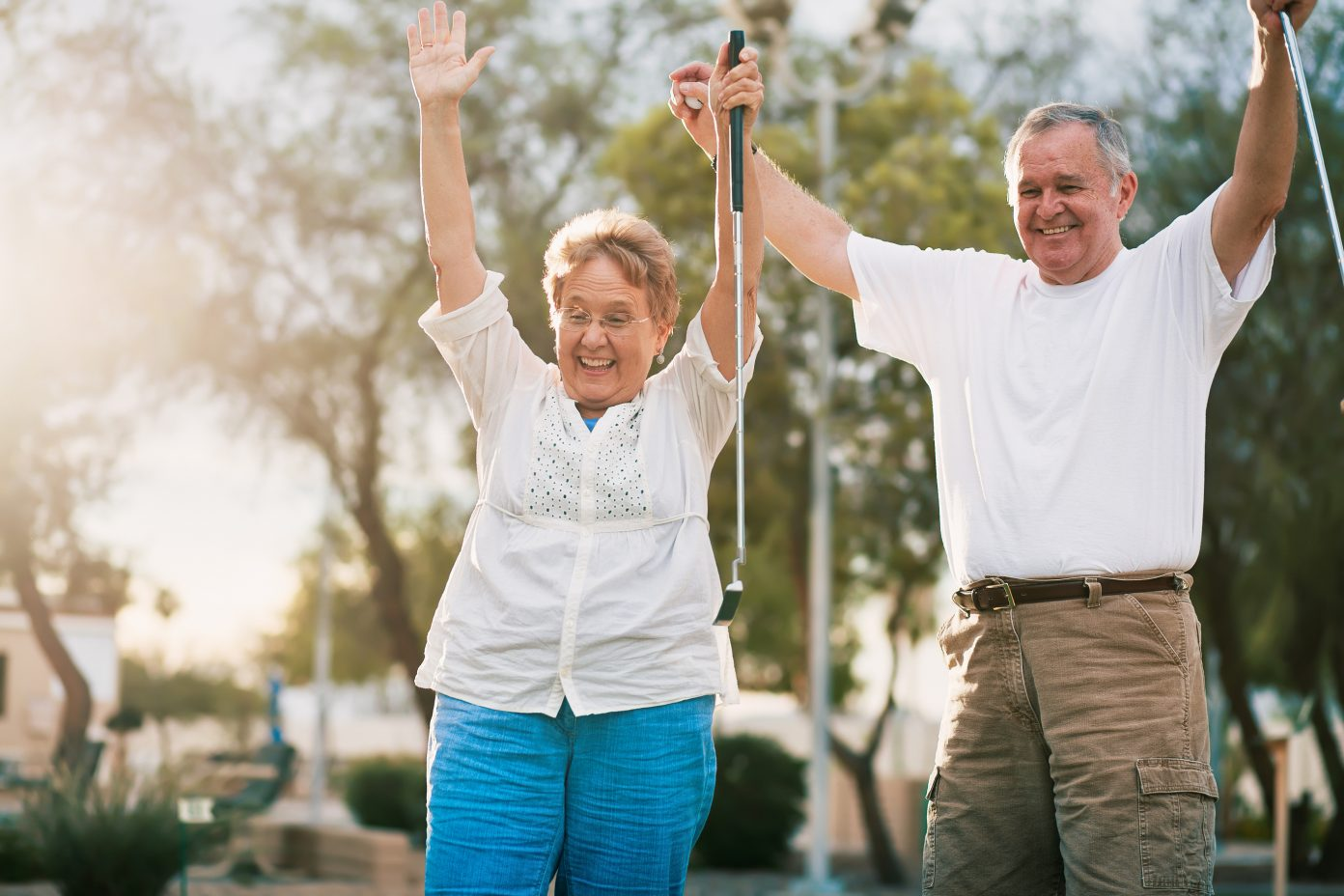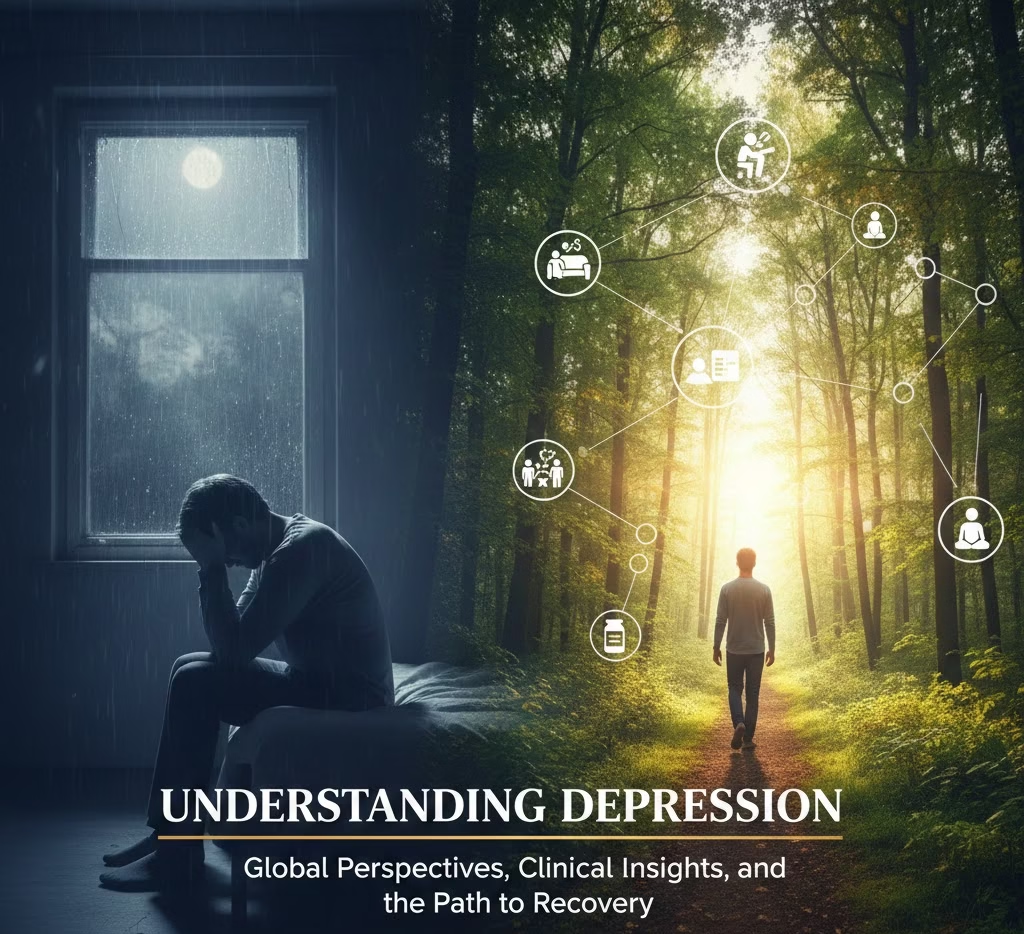To many, aging gracefully is equated with retirement, concealing wrinkles, and pretending that the advancing years are irrelevant. There’s another way, though. Rather than walking on tiptoes, increasing numbers of people are embracing what it means to age intentionally and happily—approaching each year as an opportunity for evolution, connection, and fulfillment.
The stress to “age beautifully” falls particularly hard on women. They’re supposed to appear younger without appearing to be trying, act “appropriately,” and suppress the depth of their emotions and desires. As Heather Havrilesky pointed out, to age gracefully is to either retreat to the background or remain present while minimizing your passions. This constant balancing act is fueled by a culture obsessed with youth, where value is tied to appearance and any effort to hold onto it is often judged harshly.
But growing older doesn’t necessarily mean loss. So many discover that with every passing decade, life is actually more abundant. Confidence increases, self-understanding becomes more profound, and speech improves. In retrospect, the wisdom and personal development achieved in your 30s, 40s, and more often seem so much more precious than a few fewer wrinkles or gray hairs.
Then how do you live aging wholeheartedly and on purpose? Begin by changing your attention from what you lose to what you gain. Studies reveal that searching for moments of awe—be it strolling outside in nature or simply paying attention to the enormity of the world around you—can brighten your mood, expand your sense of generosity, and cultivate kindness.
Maintaining social and cultural connections is also a priority. Visiting concerts, films, card nights, or having a meal with friends has been associated with longer, healthier lives. All of these activities promote intimate relationships, social support, and a sense of belonging, all of which are essential to well-being in old age.
Your surroundings come into play as well. Engaging your senses with vibrant artwork, lively music, or the scent of fresh flowers can maintain your mind’s acuity and your spirit’s lift. Early research indicates that enriched environments might counteract neurological changes associated with aging. Incorporating plants, artwork, or lively colors in your living space isn’t merely for show—it’s a wise investment in happiness and mental well-being.
Active movement is also important. Exercise develops muscle and ignites the brain, expanding the hippocampus, which aids in maintaining memory and learning. Modest activity increases can slow the tide of declining years and open up new avenues of play and discovery.
Technology, which often takes the rap for isolating people, can be a lifeline. Becoming proficient with new technology and devices allows older adults to keep connected, gain access to information, and remain independent. Staying curious and open to learning—even when it is hard—can pay huge dividends.
Simplification makes clarity and calm easy. Tidying physical environments relieves mental clutter, and paring down digital habits and learning to say “no” free up time and effort for what matters. Mindfulness exercises like meditation or simply being present silence the mind. Journaling gratitude or sharing gratitude moments shifts thinking from scarcity to abundance, so each day’s joy is within reach.
Books and ongoing learning are key to aging well and changing oneself. Works like The Gift of Years by Joan Chittister, Aging with Grace by Sharon W. Betters and Susan Hunt, and The Well-Lived Life by Gladys McGarey give data, deep views, and real steps for being okay with getting older. They tell us that each year brings chances for being strong, growing, and knowing more about who we are.
Aging happily and on purpose is getting a balance between wisdom and awe, confidence and curiosity, depth and joy. It’s the strength to play your inner child and stay connected to a changing world. By loving each decade, being receptive to new things, and having your priorities aligned, each year can be a celebration of life’s richness and potential.














